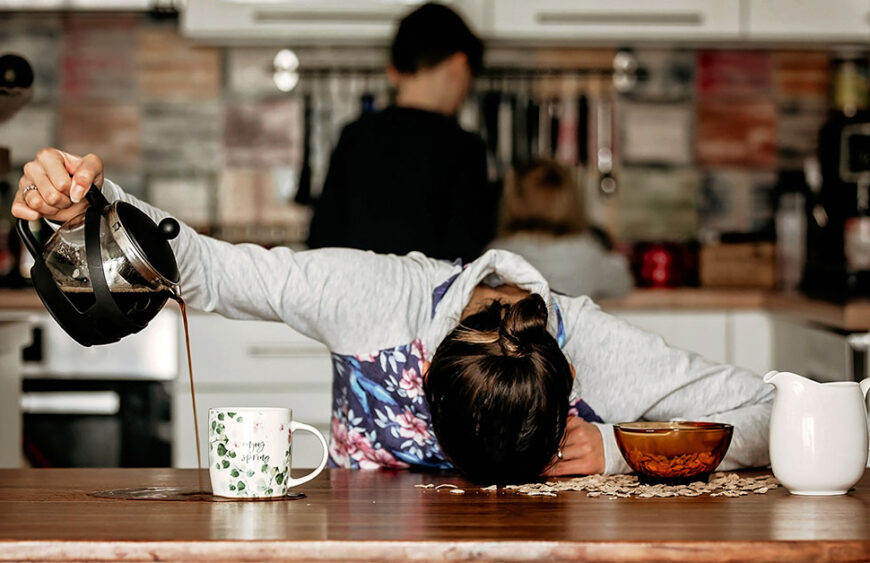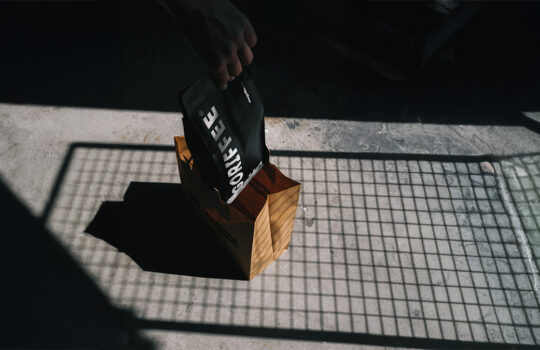There are few people who really don’t like coffee. And while we respect their tastes, we don’t really understand them! It is probably not surprising that around the drink, which has such a huge number of fans all over the world, a lot of myths and facts have accumulated, which are simply not facts, just experienced information that we take as a given and no one bothers to verify them anymore.
So let’s take a look at the most common myths about coffee that simply aren’t true. One caveat right off the bat, we’ve saved the most common coffee myth for last.
Light roast coffee contains more caffeine than dark roast coffee
Not true. The theory behind this claim is that during roasting, some of the caffeine in the coffee evaporates and the longer the coffee is roasted, the less there is. It sounds logical, but it is not true. The caffeine content of the beans does not change with roasting, so you’ll find about the same amount of caffeine in light coffee beans as you would if you roasted the same coffee darker.
Afternoon coffee spoils your sleep
Not true, but… It depends on several factors. Caffeine is known to be absorbed really quickly. But, seriously, how quickly do you feel that coffee in the morning “kicked you up a notch”? Usually it’s after just a few sips. But this means that caffeine is just as quickly eliminated from the blood. It all depends on genetics as well, but for most people it doesn’t take more than three to seven hours. So if you have your last coffee around 3 or 4 in the afternoon, it won’t have any effect on your sleep unless you go to bed really early.
More than a cup of coffee a day is unhealthy
Not true. Fortunately! Of course, when drinking coffee, it is important how much sugar and milk you put in your coffee, these are ingredients that can weigh into the recommended doses. But if we’re talking about coffee without any flavourings, we’re only interested in the amount of caffeine as a factor that needs to be guarded a bit. The recommended daily dose of caffeine that you should not exceed for a long time is 300 mg. Just to illustrate – one espresso has an average of 63 mg of caffeine and 250ml of filter coffee has approximately 115 mg of caffeine.
Coffee helps you sober up
Not true. In this case, probably rather a pity. And while we’ve all seen movies, comic books, and other works where the drunken hero is doused with coffee in order to sober up faster, research shows that neither coffee nor caffeine has any effect on the speed of sobriety. The feeling of invigoration that caffeine brings may give the drunk the impression that he or she is “cool”, but unfortunately this is only an illusion and a rather dangerous one at that.
Coffee dehydrates
Not true. Ha! Who hasn’t heard the myth that coffee dehydrates, let the first one throw a packet of coffee. It is true that coffee has a mild diuretic effect, but at the same time it contains much more water than the body can excrete. So despite the fact that this myth is really popular, research after research confirms that it is simply not true. So in theory you could also keep up your drinking regime by drinking only coffee. Which we definitely do not recommend!
Whatever coffee myths you’ve come across, the same holds true for coffee drinking as everywhere else. Choose good quality, freshly brewed coffee and drink it in moderation, because nothing should be overdone. But most importantly – never let the taste of a cup of coffee spoil you.





